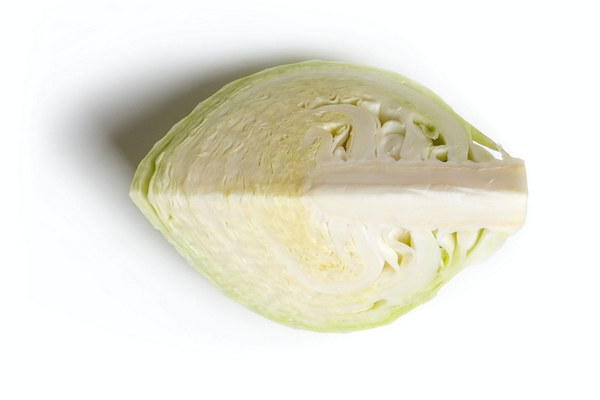The Science Behind Starving for a Stronger Stomach How Long Should You Go Without Eating to Nourish Your Gut
The Science Behind Starving for a Stronger Stomach: How Long Should You Go Without Eating to Nourish Your Gut?
In the quest for a healthier digestive system, many have turned to intermittent fasting, a practice that involves periods of fasting followed by eating windows. The question often arises: how long should one go without eating to truly nourish their stomach and promote gut health? This article delves into the science behind fasting and its effects on the gastrointestinal tract.
Understanding the Gut and Its Importance
The gut, often referred to as the second brain, is a complex ecosystem that plays a crucial role in our overall health. It is home to billions of beneficial bacteria, known as the gut microbiome, which help with digestion, absorption of nutrients, and the production of vitamins. The health of the gut microbiome is influenced by various factors, including diet, stress, and lifestyle choices.

Intermittent Fasting and Gut Health
Intermittent fasting has gained popularity as a potential tool for improving gut health. The practice involves alternating between periods of fasting and eating, which can lead to various physiological changes in the body. Here are some ways intermittent fasting can benefit the gut:
1. Increased Bile Production: Fasting can stimulate the liver to produce more bile, which is essential for the digestion of fats and the absorption of fat-soluble vitamins.
2. Enhanced Gut Bacteria: Short-term fasting has been shown to increase the diversity and abundance of beneficial gut bacteria, potentially improving overall gut health.
3. Reduced Inflammation: Intermittent fasting can reduce systemic inflammation, which is associated with various gastrointestinal disorders, such as inflammatory bowel disease (IBD).
4. Improved Digestive Function: By promoting the growth of beneficial bacteria and reducing the growth of harmful ones, intermittent fasting can improve digestive function and reduce symptoms of conditions like irritable bowel syndrome (IBS).
How Long Should You Fast?
The duration of fasting that can promote gut health varies from person to person. Some common fasting methods include:
- 16/8 Method: This involves fasting for 16 hours and eating within an 8-hour window. Many people find this method manageable and beneficial for their gut health.
- 24-Hour Fasts: This method involves fasting for a full 24-hour period once or twice a week. Some studies suggest that this can have a positive impact on the gut microbiome.
- 5:2 Diet: This involves eating normally for five days and restricting calorie intake to about 25% of your daily needs for the other two days.
The key is to find a fasting schedule that works for you and your lifestyle. While shorter fasts, like the 16/8 method, are generally easier to adhere to, longer fasts may offer additional health benefits.
Considerations and Risks
It is important to note that intermittent fasting may not be suitable for everyone. Individuals with certain medical conditions, such as diabetes, or those who are underweight should consult with a healthcare professional before starting a fasting regimen.
Additionally, while fasting can have positive effects on the gut, it is not a magic solution for gut health issues. A balanced diet rich in fiber, probiotics, and prebiotics, along with regular physical activity and stress management, are also essential for a healthy gut.
Conclusion
The science suggests that intermittent fasting can have a positive impact on gut health, but the duration of fasting that is most effective may vary. Finding a fasting schedule that aligns with your lifestyle and health goals is crucial. As always, it is best to consult with a healthcare provider before making significant changes to your diet or lifestyle. By combining intermittent fasting with a healthy diet and lifestyle, you may be able to nourish your gut and promote overall well-being.









